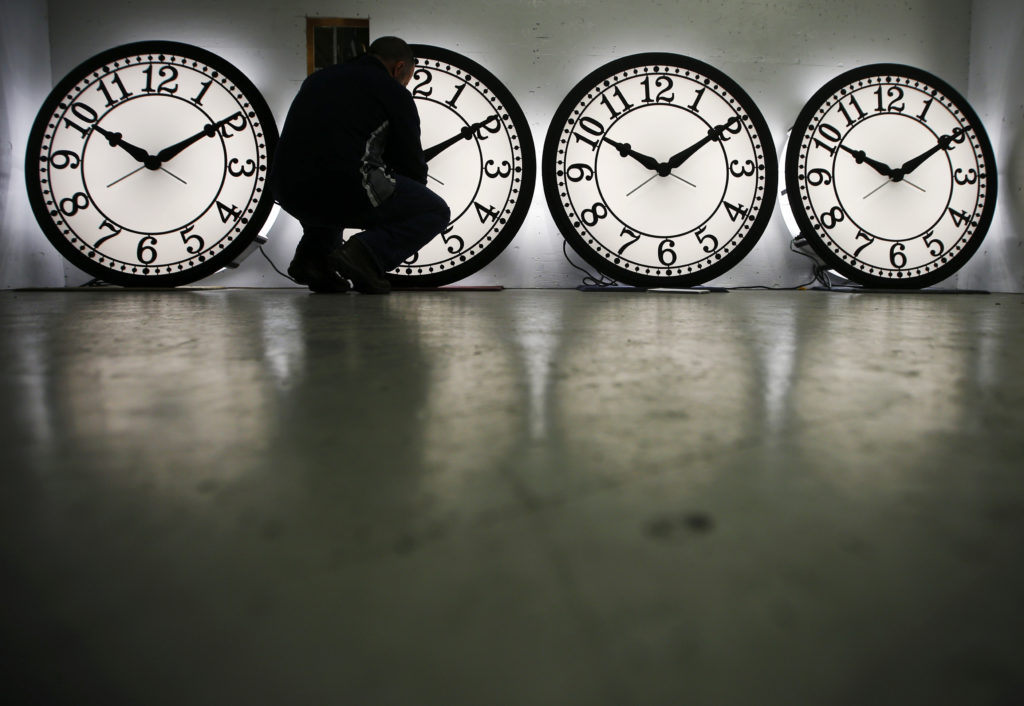What zero alcohol for a month does to your body: Can the Dry January challenge reset your health goals? | Health and Wellness News

Are you one of those who has signed up for the Dry January challenge, which involves staying off alcohol for a month to roll back health parameters or prepare for a more moderate drinking regime? Then you need to understand the changes temporary abstinence does to your body. Perhaps, these changes will help you decide the nature of your future drinking behaviour. That’s what the creators of the UK Charity, Alcohol Change, had hoped for.
WHAT HABITUAL DRINKING DOES TO YOUR BODY

As we all know, habitual alcohol consumption triggers dehydration, impairing cognitive function and physical capabilities, leading to confusion and reduced mental agility. Additionally, it disrupts sleep patterns, contributing to irritability and fatigue. The calorie load from alcohol adds to health concerns, while exacerbating pre-existing conditions such as diabetes, hypertension and autoimmune diseases. Furthermore, it causes liver problems and obesity, significantly impacting your overall health. Importantly, consistent alcohol intake also steals time from self-reflection and introspection, crucial elements for personal growth and decision-making.
WHAT GIVING UP ALCOHOL FOR A MONTH DOES TO YOUR BODY
You may initially experience some withdrawal symptoms like erratic sleep, dehydration, irritability and anxiety. But these are temporary hurdles. After rounds of partying and indulgence, your liver needs rest. It generally takes four to six weeks to recover from heavy drinking bouts, so abstinence could set you up to work on your liver health more effectively and help it shed excess fat. Your sleeping pattern, after initial hiccups, will settle down in about a week to ten days. So if you are attempting sleep correction, a dry January is the best way to do it.
Alcohol corrodes the stomach lining, so staying off will help you improve your digestion.

The caloric overload from alcohol will now shift to food. So if you eat clean — primarily wholegrains, legumes, fruits, green leafy vegetables and lean meats — during this period and take up light exercises, then you can begin balancing all three pillars of your health, namely diet, exercise and sleep.
Giving up alcohol can help you stay hydrated and your headaches may subside. Your blood pressure will start to reduce. Adopting short-term abstinence not only revives physical health but also alleviates stress-related problems. Your mood and concentration will be more stable, and headaches are likely to decrease.
Studies have shown that when regular drinkers gave up alcohol for 30 days, they reported lower levels of cholesterol, blood sugar and cancer-related proteins.
WHAT TO DO DURING A DRY SPELL?
Undoubtedly, there will be cravings. So make sure that you’re drinking a lot of water and fluids to keep your body hydrated. Choose alternative drinks like fruit-infused drinks or mocktails during the social hour to beat back craving. Eat regular, nutritious meals. Take up a hobby or any new activity that occupies your mind. Confide in peers, friends and family who might help. Being one month sober can be a catalyst for improving your health outcomes.
link



:max_bytes(150000):strip_icc()/Health-GettyImages-2185740754-ea05873f093c4ae0b9140583dc7a7ccc.jpg)


